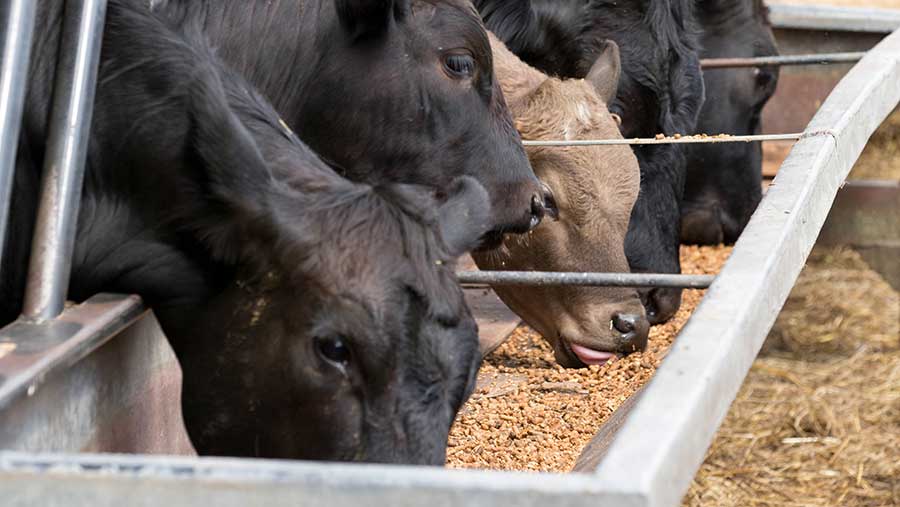Updated safety guidance for receiving livestock feed deliveries
 © Tim Scrivener
© Tim Scrivener The Agricultural Industries Confederation (AIC) has published a guide aimed at improving farm safety when having animal feed delivered.
The guidance has been approved by a group of industry bodies, including the Farm Safety Partnership, Health and Safety Executive, the NFU and CLA, and is targeted at livestock farmers who accept deliveries of animal feeds.
David Moss, AIC Services technical manager, said: “A regular feature of working life for every UK livestock producer is taking delivery of animal feeds, either in bulk dry or liquid form, or packed in bags and drums.
“Farmers and their feed suppliers have a shared responsibility to make sure their farm staff and the supplier’s delivery driver are safe whenever animal feed products are delivered to a farm.
“This revised guidance offers valuable information to help everyone involved stay safe.”
See also: Yellow Wellies launches bespoke health-and-safety policy tool
Preparation
When planning feed deliveries, the AIC recommends considering the following points:
- If the delivery is to be made into a building, is the roof high enough to accommodate the delivery vehicle when its body is fully raised?
- Are there overhead wires where the vehicle will park during discharge of the load, or are there additional hazards that drivers should be aware of?
- Is the farm clearly signed from the road?
- Is the storage facility clearly marked and in good condition?
Deliveries
- For tipped deliveries, feed delivery lorries should not be raised directly below or adjacent to overhead power lines. Wherever possible, always locate feed delivery points well away from overhead power lines to avoid contact with the cable.
- Ensure tipping sites have no uneven or sloping ground. A fully loaded articulated vehicle when tipped to maximum extent can only sustain a slope of 2.5deg before it starts to overturn.
- All pedestrians, including drivers and farm staff, must stand clear of the rear of the trailer at all times when tipping.
- For bulk blown deliveries, feed bins should be in a good state of repair, without excessive corrosion to avoid collapse or overturning.
The full list of safety advice for feed deliveries can be found in the Managing the Safe Receipt of Animal Feed 2023 document.
